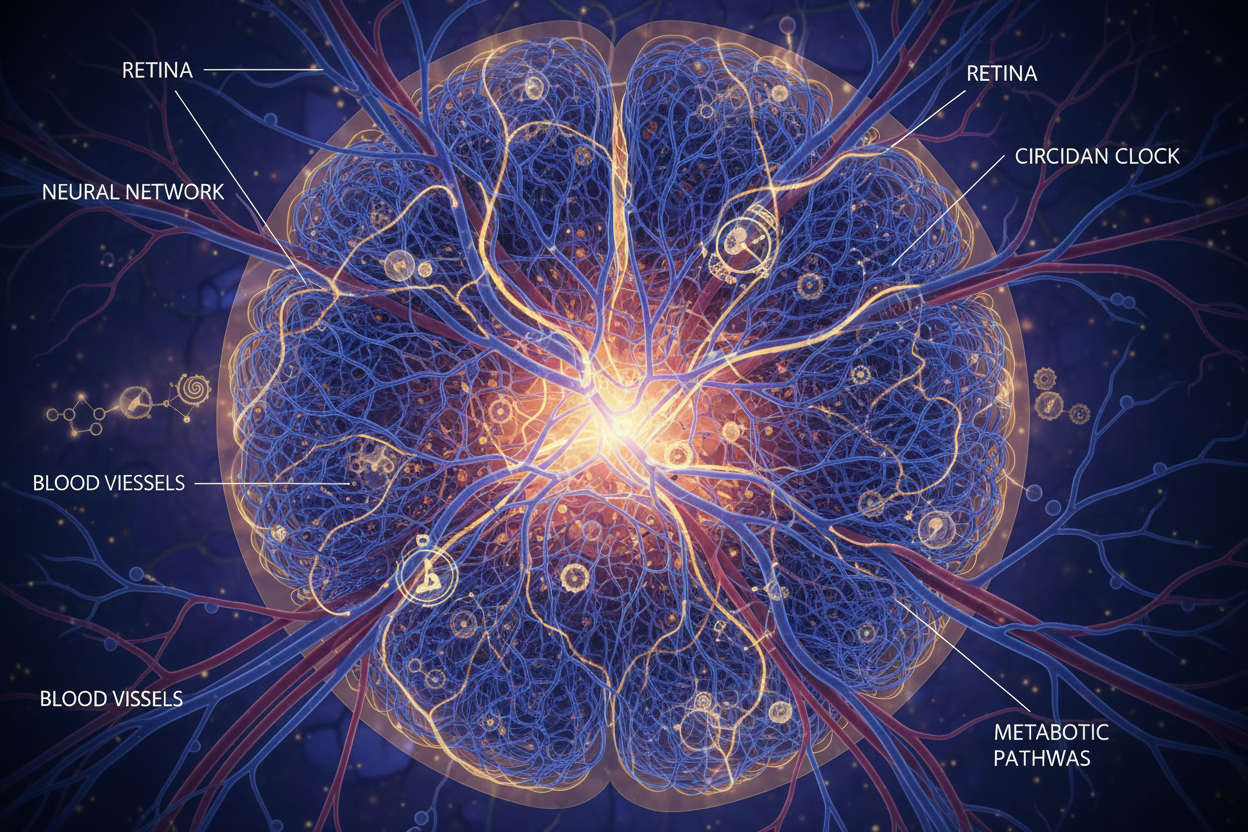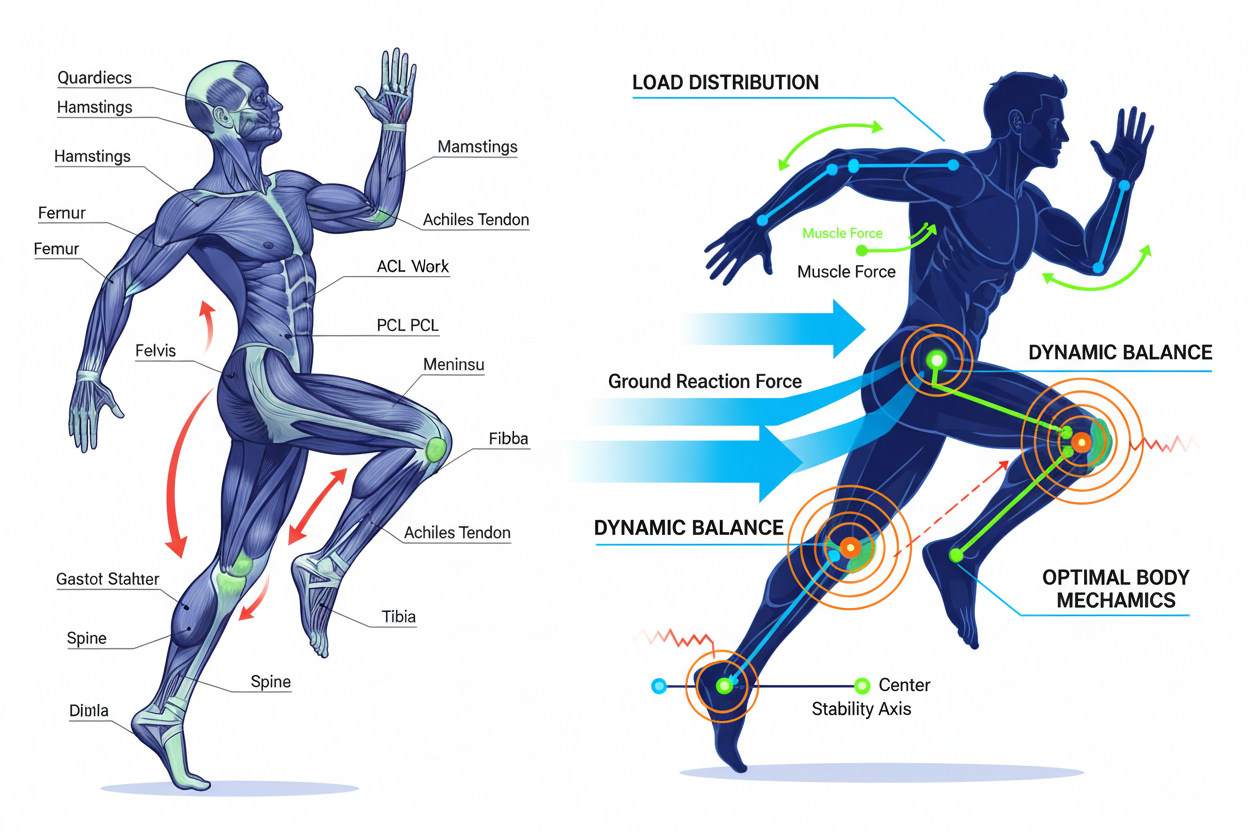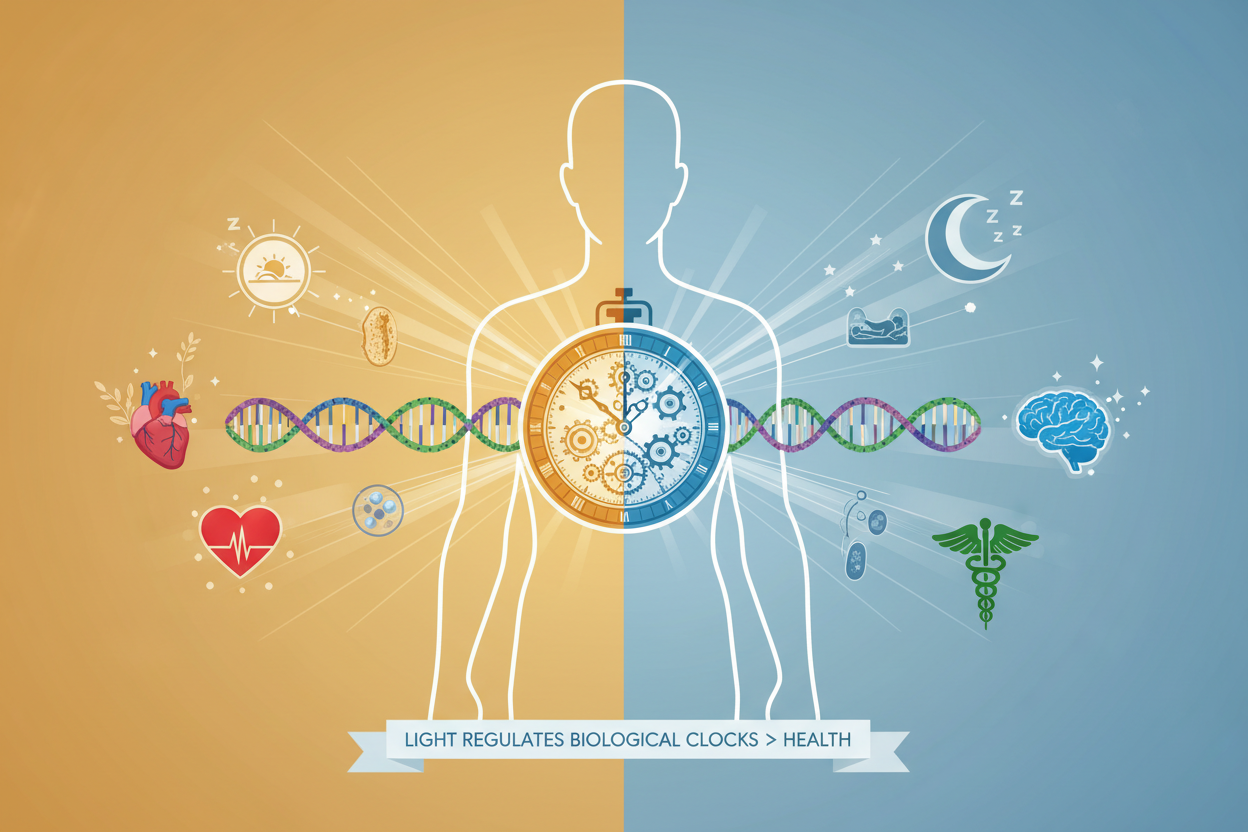Serotonin, one of the most important neurotransmitters in our body, is often misunderstood and demonized. Many blame it for various health issues, from anxiety to hormonal imbalance. But this simplified view does not reflect the true complexity and nuances of this remarkable molecule.
Serotonin: The Conductor of a Complex Symphony
Serotonin is much more than just one neurotransmitter. It is an orchestra of 18 different types of receptors that work together with many other neurotransmitter systems in our brain and body. Its influence ranges from regulating mood and behavior to controlling our circadian rhythms, digestion, and immune function.
The main site of serotonin, the dorsal raphe nucleus, sends projections to various areas of the brain, from the cerebral cortex to the cerebellum. This extensive network makes serotonin a central element in the architecture of our nervous system, controlling everything from learning and memory to the processing of emotions.
Light and Darkness: Primary Regulators of Serotonin
One of the most important factors affecting serotonin is our exposure to light and darkness. Sunlight, especially its ultraviolet (UV) component, is a powerful stimulant of serotonin production. When UV rays hit our skin and eyes, they activate the amino acid tryptophan, a precursor of serotonin.
This photochemical reaction is so strong that just 10-15 minutes of sunlight can increase serotonin levels in the brain by up to 50%. Conversely, a lack of sunlight, common in winter months or among people who spend most of their time indoors, can lead to serotonin deficiency and related mood disorders.
But not all light is the same. Artificial light, especially blue light emitted by electronic screens, can disrupt our natural serotonin rhythms. Exposure to blue light at night can suppress the production of melatonin, a hormone that works in tandem with serotonin to regulate our sleep-wake cycle.
Intestinal Serotonin: Often an Overlooked Player
Surprisingly, about 90% of our serotonin is actually produced in our gut, not in the brain. This "gut serotonin" plays a key role in regulating digestion, bowel motility, and immune function.
Dysregulation of the serotonin system in the gut has been linked to a range of gastrointestinal disorders, from irritable bowel syndrome (IBS) to inflammatory bowel diseases (IBD). Interestingly, many of these disorders are also often accompanied by mood disorders such as anxiety and depression, suggesting a deep connection between our gut and brain.
Electromagnetic Field (EMF): The Invisible Threat
In the modern world, we are constantly exposed to non-ionizing electromagnetic radiation (nnEMF) from our mobile phones, Wi-Fi routers, smart meters, and other electronic devices. An increasing number of studies suggest that chronic exposure to nnEMF may disrupt our serotonin systems in several ways:
1. By changing receptor affinity: nnEMF can alter the shape and function of serotonin receptors, making them less sensitive to serotonin.
2. Disruption of calcium signaling: nnEMF can interfere with calcium signaling in neurons, which is essential for the release of serotonin.
3. Disruption of quantum coherent water networks: nnEMF can disrupt the finely tuned networks of water molecules in our body, which are essential for signal transmission between neurons.
Practical recommendations for optimizing serotonin
Considering the central role of serotonin in our health and well-being, here are some practical steps you can take to support optimal serotonin function:
1. Align with the sun: Expose yourself to bright sunlight for at least 30 minutes a day, ideally in the morning. This helps set your circadian rhythm and stimulates serotonin production.
2. Practice good sleep hygiene: Sleep in complete darkness and avoid blue light from electronic screens for several hours before bedtime. This will allow natural melatonin production and support a healthy sleep cycle.
3. Eat a diet rich in tryptophan: Include foods rich in tryptophan in your diet, such as chicken, turkey, eggs, cheese, nuts, and seeds. Tryptophan is a precursor to serotonin and is essential for its synthesis.
4. Support your gut microbes: Take care of your gut microbes by consuming fermented foods, prebiotics, and probiotics. A healthy gut microbiota is essential for the production of intestinal serotonin.
5. Minimize nnEMF exposure: Use wired internet connections instead of Wi-Fi, keep electronics away from your body, and turn off devices when not in use, especially at night. Also consider using shielding devices to minimize nnEMF emissions.
6. Practice stress management techniques: Engage in stress-reducing activities such as meditation, deep breathing, yoga, or spending time in nature. Chronic stress can disrupt serotonin function and lead to mood and anxiety disorders.
Conclusion: Caring for Our Inner Conductor
Serotonin is far from a simple "happiness hormone." It is a complex and versatile molecule that orchestrates a wide range of bodily and brain functions. By understanding its nuances and taking care of the factors that influence its production and signaling—such as our exposure to light, darkness, diet, and electromagnetic fields—we can support its optimal functioning and thereby improve our overall health and well-being.
In times of increased stress and digital overload, caring for our inner conductor serotonin is more important than ever. So let's make a conscious effort to align with the rhythms of nature, nourish our bodies and brains, and create harmony in the complex symphony of our being. Our serotonin systems – and our overall well-being – will thank us.





Leave a comment
This site is protected by hCaptcha and the hCaptcha Privacy Policy and Terms of Service apply.